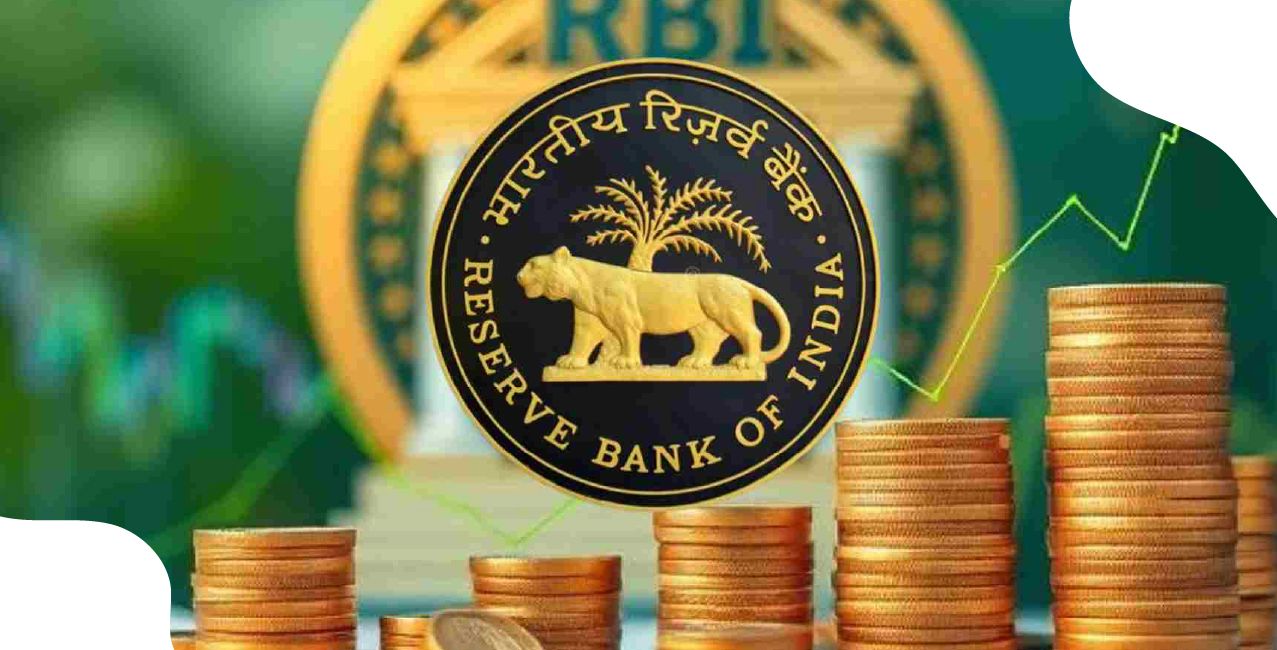
Author
LoansJagat Team
Read Time
4 Min
18 Jul 2025
Loan Freedom Begins January 1: No Prepayment Charges On Floating Loans
No Charges on Floating-Rate Loan Prepayments from January 1, 2026
Borrowers across India can now look forward to greater financial freedom as the Reserve Bank of India (RBI) has introduced clear guidelines prohibiting banks and financial institutions from levying penalties on loan prepayments.
What if a home loan borrower wanted to pay off their debt early, only to be hit with thousands of rupees in prepayment charges? That problem will soon be history. In its notification dated July 2, 2025, the RBI released the “Pre-payment Charges on Loans Directions, 2025”.
These guidelines apply to all loans sanctioned or renewed on or after January 1, 2026. The rule blocks lenders from collecting prepayment or foreclosure fees on floating-rate loans taken by individuals.
Who Will Benefit From This Change?
The RBI’s latest rule applies to borrowers who have loans with floating interest rates. It covers personal loans, home loans, education loans, and business loans given to individuals or Micro, Small, and Medium Enterprises (MSMEs).
Borrowers who wish to repay such loans in part or in full before the tenure ends will now face no extra charge for doing so.
This move is expected to benefit a wide segment of Indian borrowers who often try to prepay their loans to reduce their interest burden.
The provision also ensures that banks and non-banking financial companies (NBFCs) cannot penalise such efforts.
More importantly, the rule applies to term loans and demand loans. This ensures that even short-term credit lines like cash credit, overdrafts, and working capital loans, commonly availed by small businesses are protected under the no-penalty framework.
What Type Of Lenders Must Follow This Rule?
This rule will require not only commercial banks but also cooperative banks, regional rural banks, and NBFCs to follow. This includes all regulated entities under the RBI and the National Housing Bank.
Below is a summary of lenders who must follow the new prepayment charge directions:
This clarity is important because in past cases, only certain lenders removed prepayment charges while others continued to levy them under different clauses. Now, a uniform rule will be in place.
Read More - RBI Ends Prepayment Penalties: How It Will Benefit Small Borrowers, Entrepreneurs
Special Provision For Small Borrowers
The RBI has also made a provision for smaller borrowers. Floating-rate loans up to ₹50 lakh will not attract any prepayment or foreclosure charges, even if used for business purposes.
This applies when such loans are offered by regional rural banks, cooperative banks, and non-banking financial companies under the middle and upper-layer classifications.
Legal Backing And Timeline
The new rule has legal backing under multiple laws, including Section 45L of the Reserve Bank of India Act, 1934, Section 30A of the National Housing Bank Act, 1987, and Section 56 of the Banking Regulation Act, 1949.
These allow the RBI to regulate practices related to charges and loan conditions.
The directions were formally issued on July 2, 2025, and will be effective from January 1, 2026. This timeline gives lenders enough time to make the necessary changes to their systems, documentation, and customer agreements.
Importance Of Transparency
The RBI also wants lenders to be more transparent about their policies. All fees and charges must now be clearly mentioned in the loan sanction letter, loan agreement, and the Key Fact Statement. This step is meant to protect borrowers from surprise deductions or unclear foreclosure penalties.
What sets this circular apart is that it includes both fresh loans and loans that are renewed after the cut-off date. Most earlier notifications by the RBI applied only to housing loans. This time, the directions cover a wide range of loan products and institutions, extending the impact across borrower categories.
What Lies Ahead?
The RBI’s decision is likely to encourage more people to repay loans early and become debt-free faster. This could bring down the interest burden on households and help small businesses with better cash management. Banks and NBFCs, on the other hand, will have to rely more on lending quality and interest earnings rather than fee-based revenue.
Conclusion
The RBI’s Pre-payment Charges on Loans Directions, 2025, marks a clear shift toward borrower-centric regulation.
While many banks had already waived prepayment penalties on home loans earlier, this guideline expands that benefit across loan types and institutions. Once the rule is in effect, borrowers should review their loan agreements carefully and consult their lenders for any clarifications.
About the Author

LoansJagat Team
‘Simplify Finance for Everyone.’ This is the common goal of our team, as we try to explain any topic with relatable examples. From personal to business finance, managing EMIs to becoming debt-free, we do extensive research on each and every parameter, so you don’t have to. Scroll up and have a look at what 15+ years of experience in the BFSI sector looks like.

Quick Apply Loan
Subscribe Now
Related Blog Post

LoansJagat Team • 05 Jan 2026

LoansJagat Team • 31 Dec 2025

LoansJagat Team • 31 Dec 2025